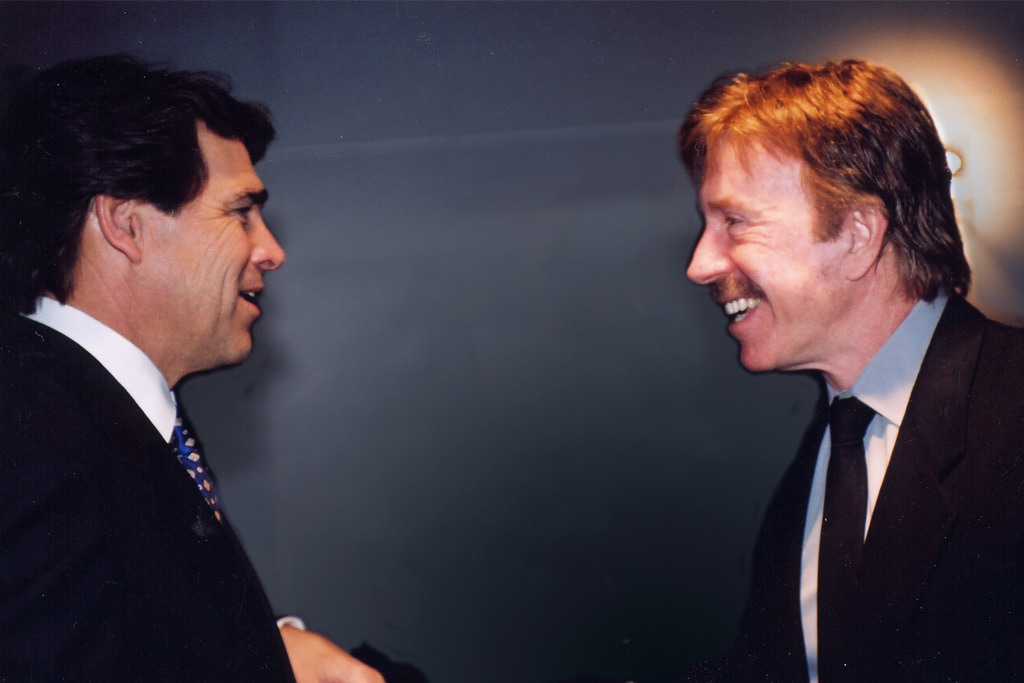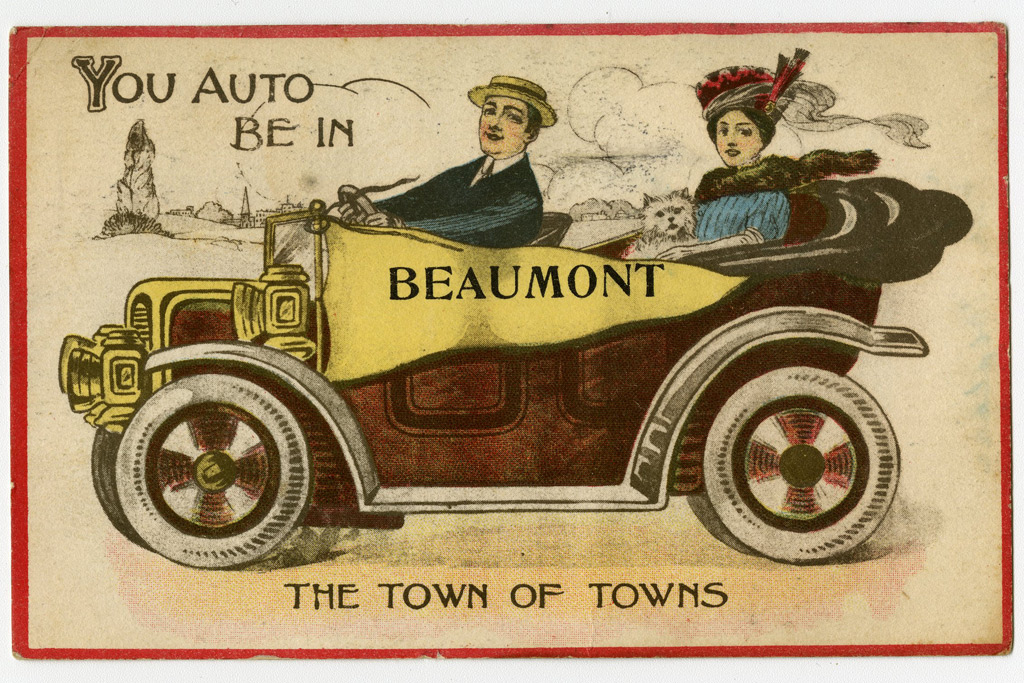Rick Perry's Digital Legacy Gives Archivists New Momentum
/https://static.texastribune.org/media/images/2016/07/27/PerryArchive.jpg)
*Correction appended
In February 2014, state archivist Jelain Chubb got the news she’d been waiting for: Gov. Rick Perry would be delivering all of the records from his unprecedentedly long tenure to the State Library and Archives Commission.
But there was a problem. While the governor’s 4,000 cubic feet of paper could be sorted, itemized, boxed and shelved alongside other state records dating back centuries, Chubb and her staff had no system in place to store thousands of gigabytes of photos, emails and audio and video recordings, much less make them available to the public. The Perry collection presented a Texas-sized challenge for a commission that had no capacity to manage the “born-digital” records — those with no paper or analog footprint.
More than two years later, Chubb and her staff have turned the Perry problem into a solution. In January, they launched the Texas Digital Archive, a portal where the public can view Perry’s archives and much more: digitized versions of physical archive materials spanning Texas’ history. The digital archive also gives the commission the tools to warehouse future electronic records — the emails, photographs and multimedia that will help future researchers document Texas' modern history.
When the archivists embarked on this undertaking, Texas was one of about 10 states that had no archived electronic records. Now, according to state archivists across the country, Texas is a national leader in electronic records management.
“What made Texas unique is that they’ve gone from really being behind to being real leaders now in the area of digital archives in a state government environment,” said Matt Veatch, the Kansas state archivist and former chair of the State Electronic Records Initiative at the Council of State Archivists. “Now they’ve got processes in place, they’ve got infrastructure in place. For most archives, that’s the hurdle.”

Under state law, Perry could have put his records in another library; George W. Bush, for example, installed his gubernatorial records in his presidential library in Dallas. When Perry announced he would house his archives at the state library, archivists had less than a year to determine a digital solution before he left office in January 2015. Then, they went to the Legislature and got funding — $700,000 to create a site where the public could search, browse and download the state’s electronic records.
“The Perry records were really what gave us the launch pad,” Chubb said, adding that the agency had been trying to get funding for a digital archive for more than a decade but struggled to get traction with state budget-writers.
The Texas Digital Archive went public in January, and since March, about 3,300 people have visited the roughly 10-terabyte collection.
Perry’s digital legacy — all seven terabytes of it — may be the largest collection a state archive has ever ingested at one time, Chubb said. Many of the materials are already publicly available online; others must be specially requested and reviewed by library staff to redact confidential information, such as credit card numbers, citizens' personal email addresses, or the names of children.
In Perry’s digital collections, archivists have been able to trace the rapid evolution of technology since the start of the millennium.
“His term started in 2000,” said Mark Myers, an electronic records specialist whom Chubb hired from Kentucky to help build the Texas Digital Archive. “There were a lot of WordPerfect formats, Adobe Pagemaker, VHS tapes, CDs and raw camera files.”
Many files had to be reformatted so the public could view them with contemporary software. Recordings of Perry’s phone greetings, photographs of the former governor with TV's "Texas Ranger" Chuck Norris and thousands of other documents organized by executive office and date sit in the digital archive alongside colorful postcards from the early 1900s, handwritten legislation from the first Congress of the Republic of Texas and thousands of hours of audio of state Senate debates from 1972 to 2006.
Arguably the most important function of the digital archive, however, is still under development: the ability to ingest and display the born-digital archives of state agencies. Archivists are currently working with three pilot agencies — the Texas Historical Commission, the Office of the Attorney General and the Railroad Commission — to get their electronic records from the late 1990s and early 2000s on the digital archive.
Compiling and organizing the historical records of an enormous bureaucracy can seem dry and arcane, and irrelevant to the public at large. But archivists in Texas and across the country are fighting a pre-emptive battle against what they call the “digital Dark Age”— a scenario in which the records created on computers, phones and cameras are lost forever because the tools needed to read them no longer exist.
Texas requires state agencies to preserve records if the state archives can’t yet take them. But floppy disks loaded with files can decay until they’re unreadable. Emails are often deleted to free up expensive storage space. And some formats are already obsolete.
“When records in a paper environment were stashed away somewhere, you could discover them and recover them,” Veatch, the Kansas archivist, said. “We no longer have that luxury. I’m not even sure we know yet what we’ve lost.”
For State Rep. Larry Gonzales, R-Round Rock, who sat on the House budget-writing subcommittee that helped fund the digital archive, the risk of losing records to the passage of time and the forward march of technology was a strong motivator.
“The archives are a window into the operation of state government,” he said. “Every Texan should have access to how their government operates.”

Bill Bush, an associate professor of history at Texas A&M-San Antonio, has used collections at the state archive to trace the previously-hidden stories of orphans, juvenile delinquents, the mentally ill and people with disabilities. Putting current state records online will increase transparency, he said, by making the records available to the public — not just professional historians with the resources to travel to Austin and spend days searching through boxes.
“The archives can show the behind-the-scenes of what was going on in the governor’s office around all sorts of issues that don’t make it out into the public sphere for maybe a year or two or more after they’re working on it,” Bush said.
Correction: An earlier version of this story incorrectly said archivists redact private citizens' names from Perry's papers. In fact, they only redact certain names, such as those of children. The archivists do redact citizens' personal email addresses.
Information about the authors
Learn about The Texas Tribune’s policies, including our partnership with The Trust Project to increase transparency in news.
/https://static.texastribune.org/media/profiles/Isabelle_TaftTT.jpg)